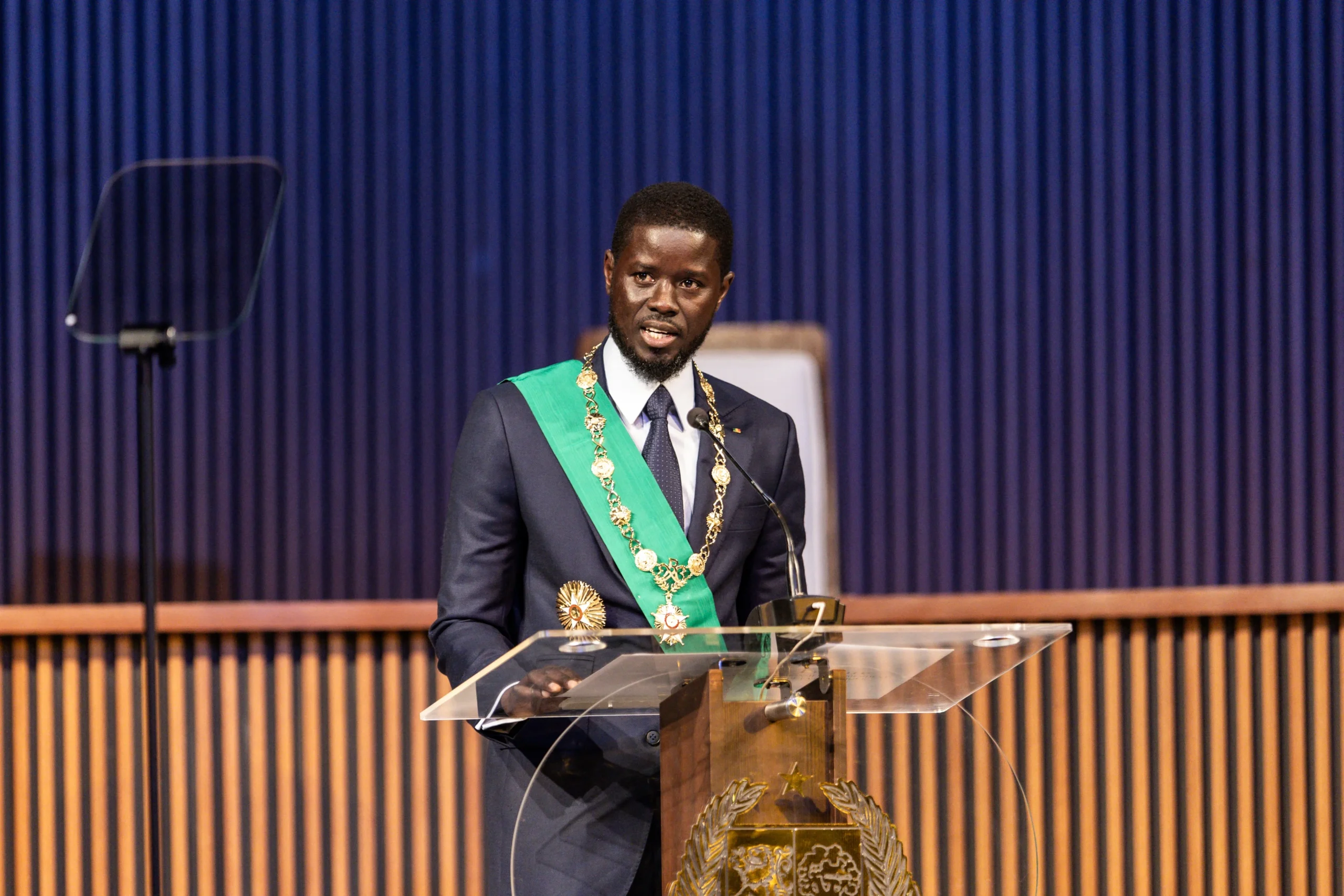
Senegal’s Brevet de Fin d’Études Moyennes (BFEM) results have delivered a boost for the country’s education sector, with the first round of the 2025 session recording a national pass rate of 44.52%, a marked improvement on last year’s 39.45%.
The rise, despite scattered cases of fraud and minor disruptions, is being hailed by education officials as evidence that reforms in exam supervision and administration are paying off.
According to Pape Baba Diassé, director of examinations, strengthened oversight at test centers helped ensure a calmer environment.
“This is a satisfactory result, despite the difficulties encountered,” he said, noting that measures from the first round would remain in force for the supplementary session.
This year’s progress contrasts with the 2024 edition, when academic performance varied widely between regions. Authorities attribute the rebound to better preparation by teachers and students, as well as tighter organizational controls.
With 66,789 candidates — 36.3% of the total cohort — now set to sit the make-up tests, officials believe the overall pass rate could rise further if the same level of oversight is maintained.
Fraud attempts, though limited, were not absent. In Louga, a jury president lodged a formal complaint after test papers were allegedly smuggled into a center.
Diassé emphasized that the ministry would pursue strict sanctions to protect the integrity of the exam process. “For adults, there will be criminal proceedings. For students, the measures vary depending on the time of the cheating: exclusion, postponement, or cancellation of admission are possible,” he warned.
To reinforce exam security, school inspectors have been deployed to coordinate with juries on best practices for monitoring and handling test materials, addressing weaknesses identified in past years.
Officials say the improved results reflect a wider trend of stabilization in Senegal’s school system after years of disruption. A more structured academic calendar allowed most teachers to complete their syllabuses, while the phased reintroduction of continuous assessments has strengthened learning outcomes.
If the second session matches the first in stability and performance, education leaders believe the final success rate could approach the 2023 figure of 76.3%, the highest in recent years — signaling a return to confidence for families, students, and schools alike.



